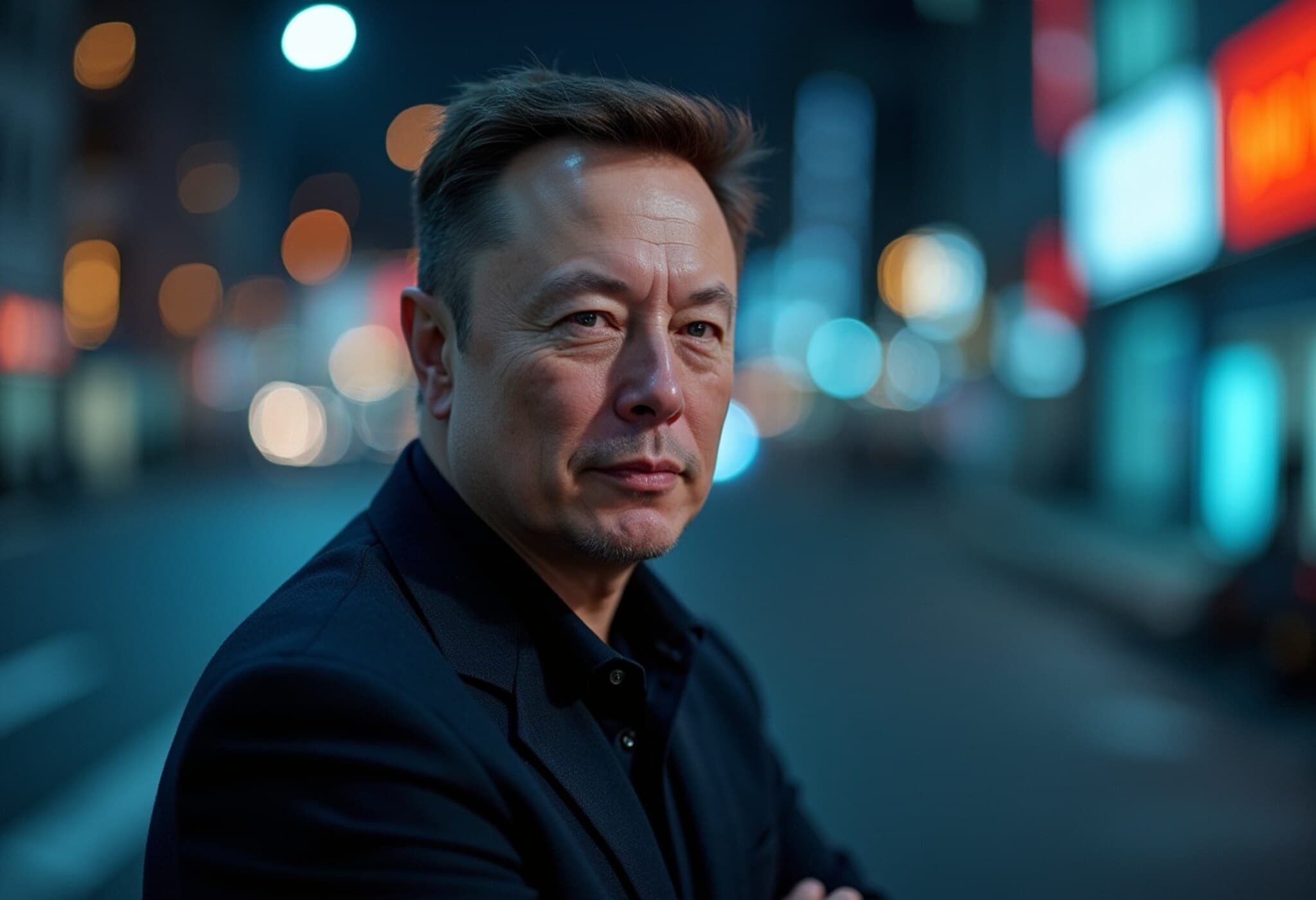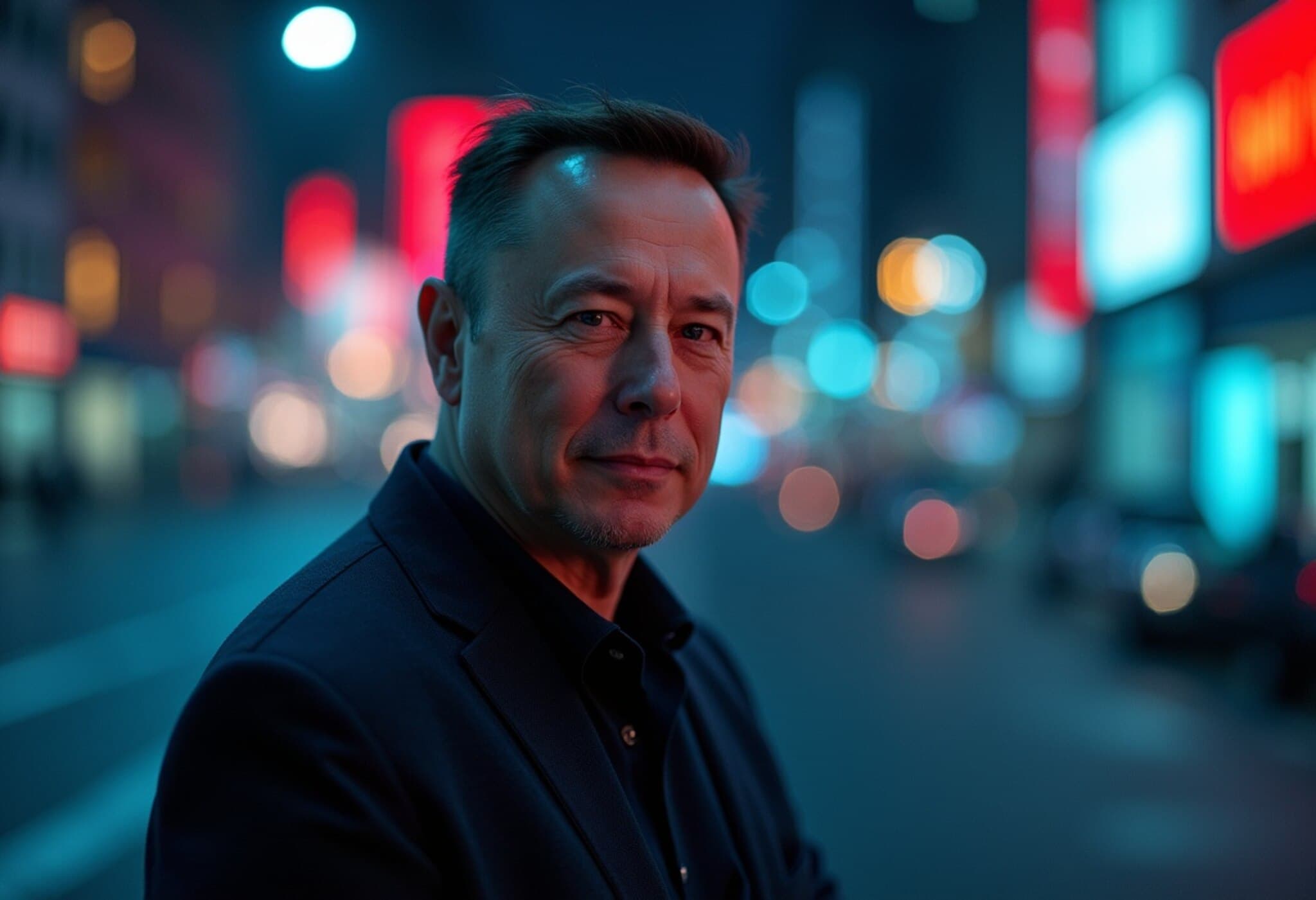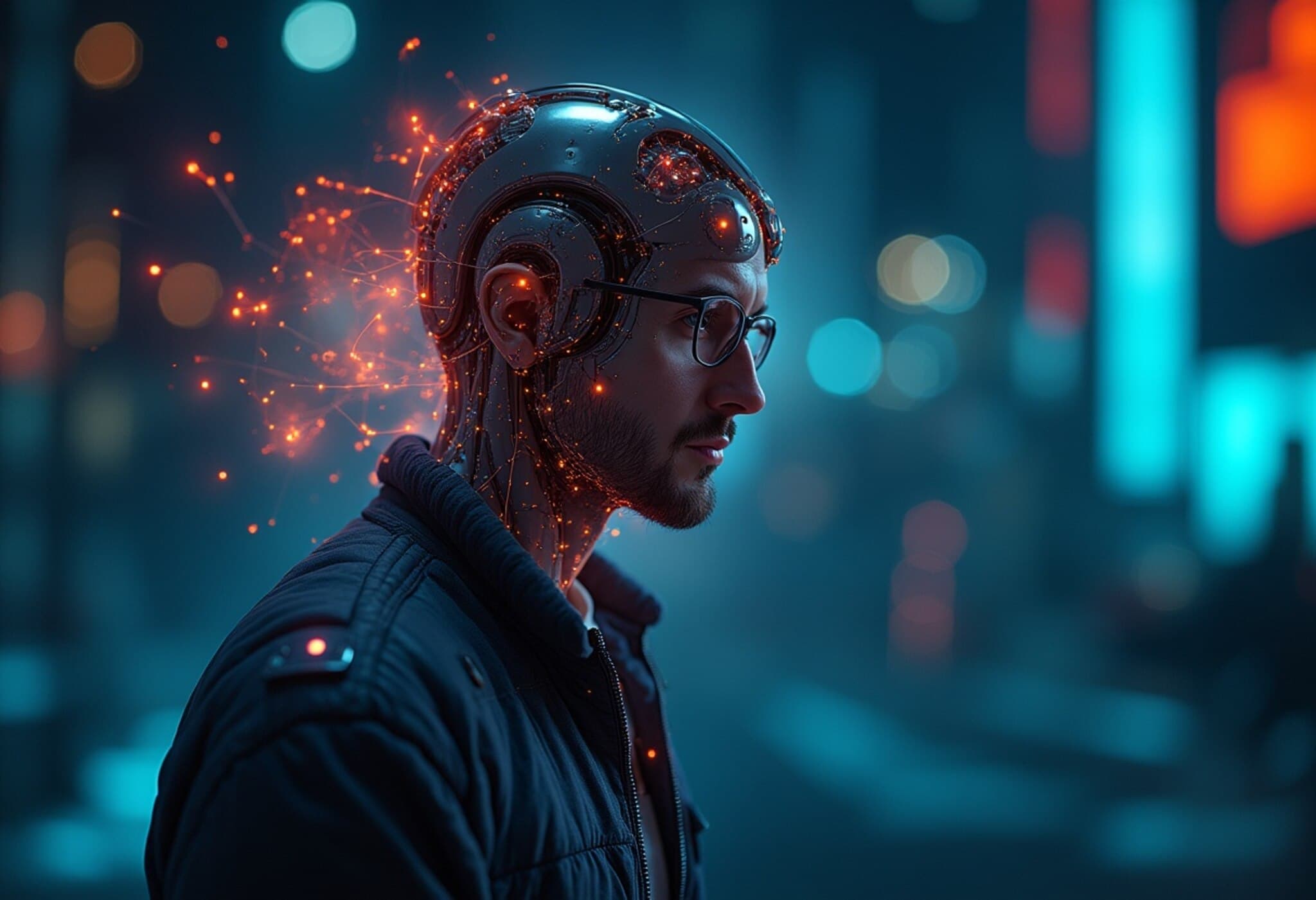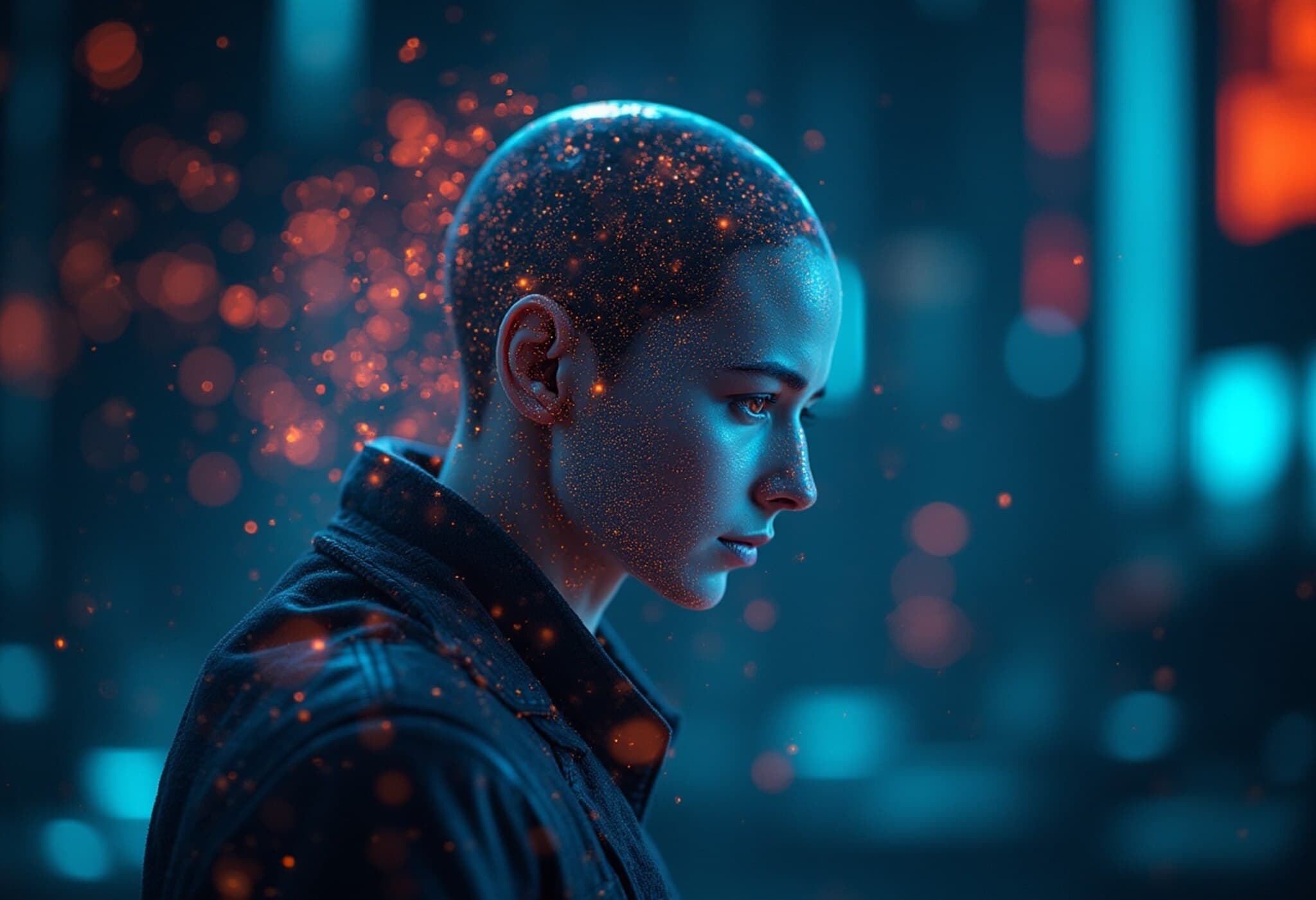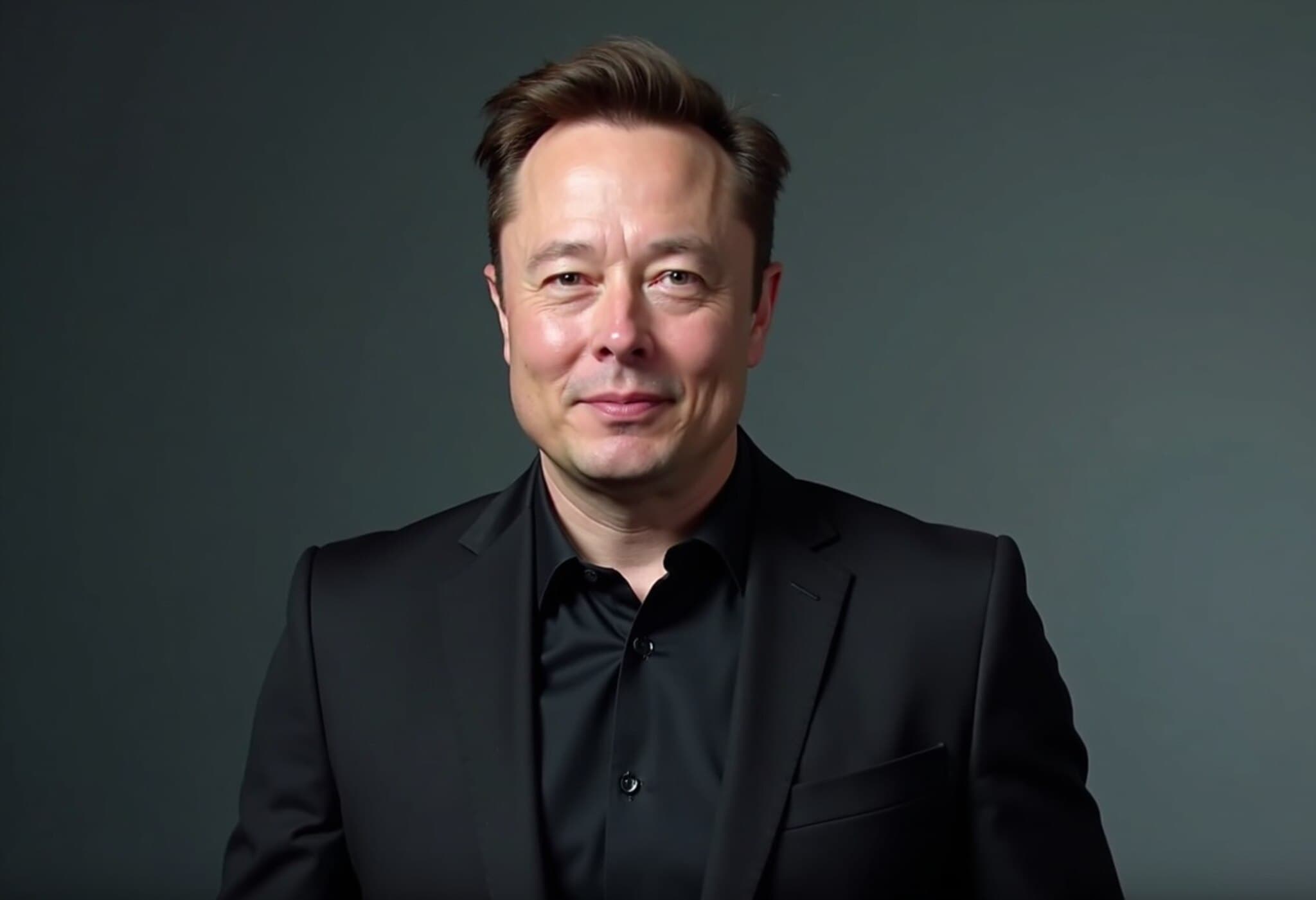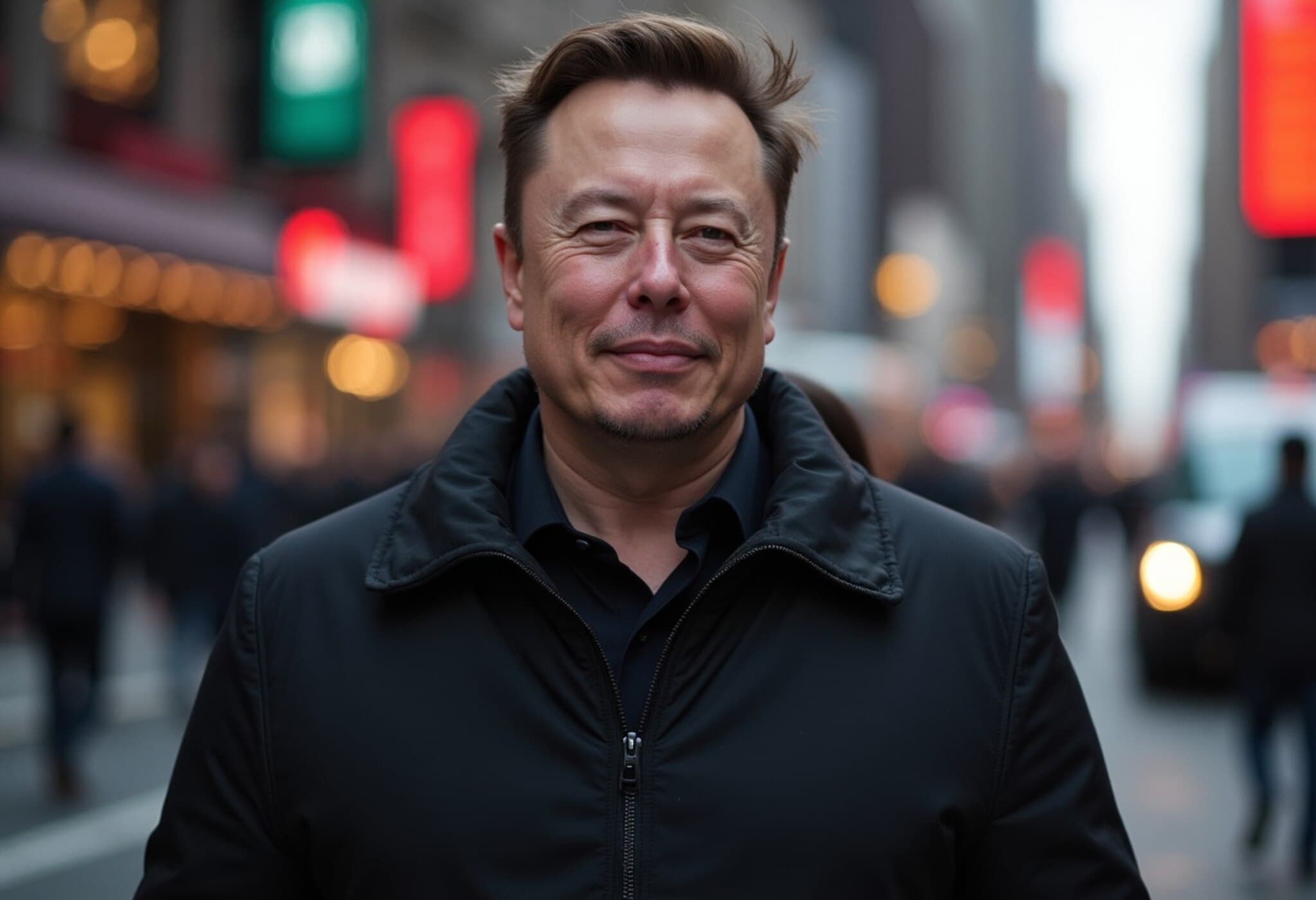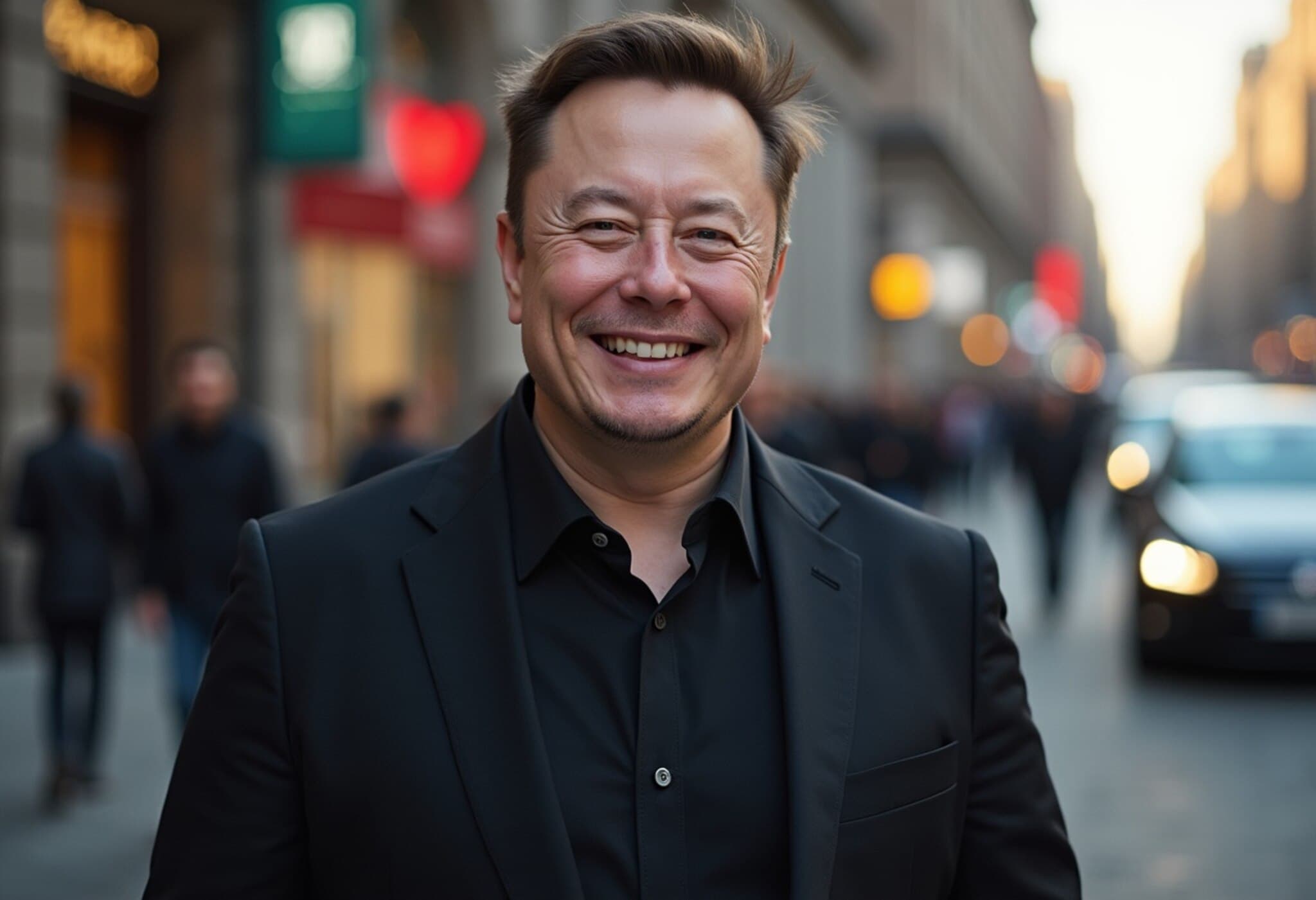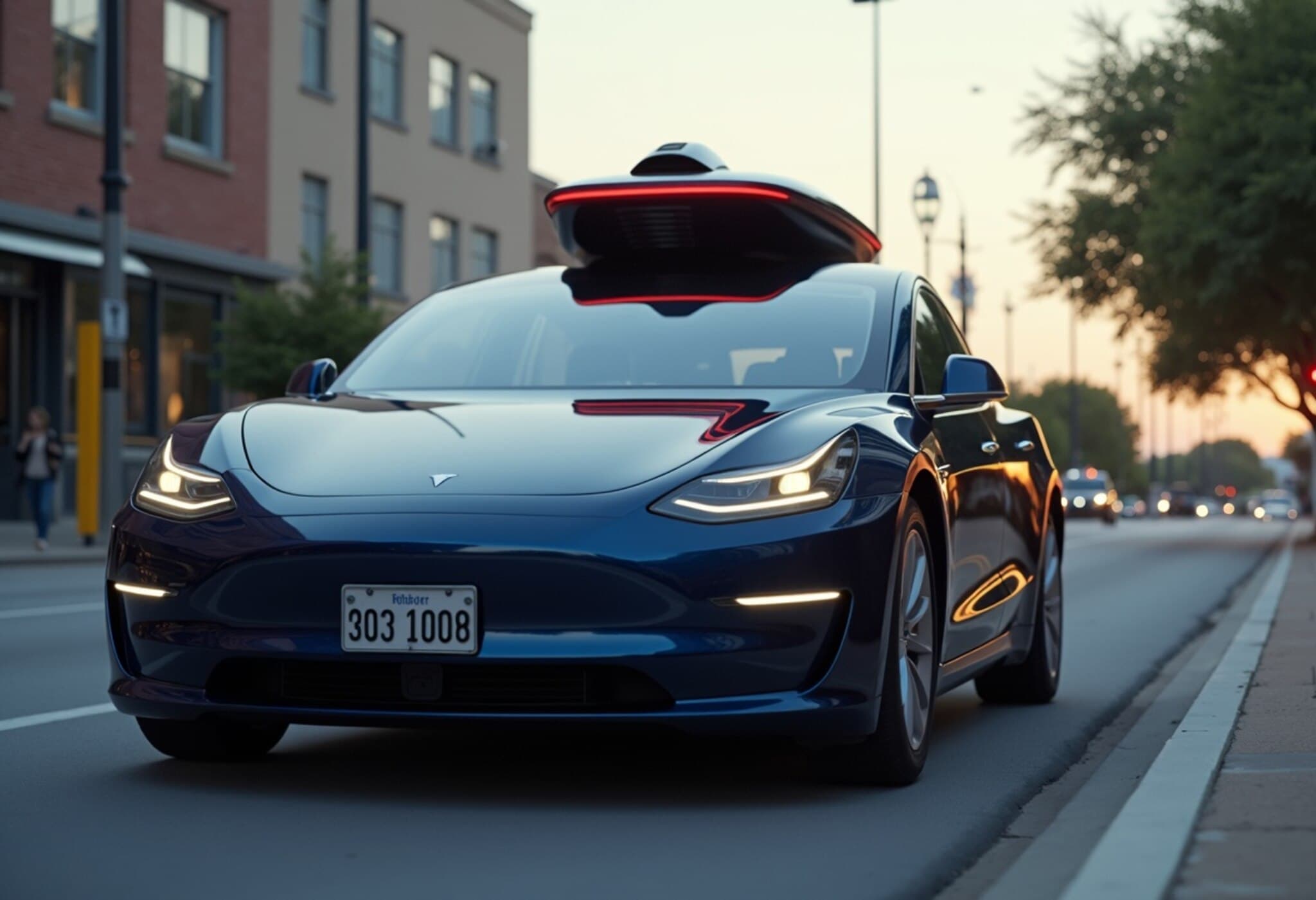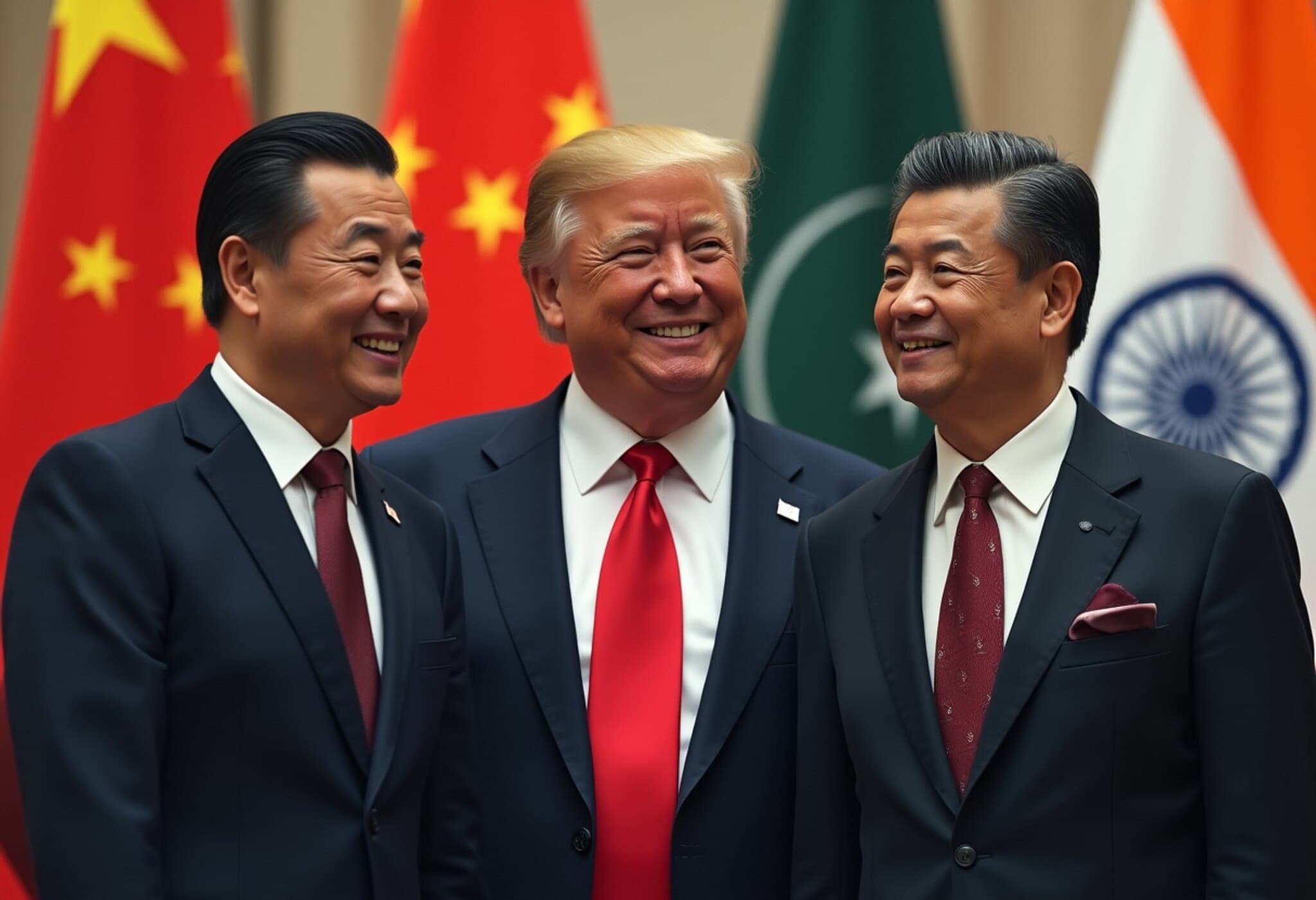Elon Musk Redefines the AI Workforce: Engineers Over Researchers
In a move that has sparked both conversations and some controversy within tech circles, Elon Musk recently challenged the traditional labels dividing engineers and researchers at his AI startup, xAI. Publicly correcting a hiring post by xAI employee Aditya Gupta, Musk discarded the term “researcher” as an outdated and divisive relic of academia, advocating instead for a singular, unified engineering designation across his ventures, including SpaceX.
Why Musk Rejects the 'Researcher' Label
Musk’s position is clear: the term “researcher” fosters unnecessary hierarchies within technical teams and encourages a two-tier system that potentially dilutes accountability and slows down decisive innovation. To Musk, the distinction creates academic pretentiousness that can detach teams from delivering practical solutions in a fast-moving industry where building, iterating, and solving real-world problems is paramount.
By abolishing the “researcher” title, Musk envisions a meritocratic environment where every team member, uniformly titled “engineer,” shares equal responsibility for tangible results. Such a shift aims to bridge the gulf between theoretical exploration and applied engineering, ensuring tighter collaboration and a relentless focus on output.
Emphasizing Practical Engineering in AI Development
At xAI, which operates amidst the rapid evolution of artificial intelligence technologies, Musk champions a culture of builders and implementers. The startup’s ambitions hinge on deploying advanced methodologies like reinforcement learning and massive-scale computation—domains where actionable engineering prowess often trumps prolonged theoretical research.
This philosophy aligns with SpaceX’s operational ethos, where despite groundbreaking technological advancements, no employees bear the title “researcher.” To Musk, true innovation thrives through rapid prototyping, iterative development, and problem-solving agility rather than extended academic inquiry without immediate deliverables.
Cultural and Industry Implications
Musk’s insistence on a unified engineering workforce sends a strong signal about his leadership style: a no-nonsense approach oriented around accountability and results. Within Silicon Valley, this move reflects a broader trend toward flattening organizational hierarchies to boost agility and streamline development cycles.
However, this paradigm shift is not without critics. Experts caution that eliminating distinct researcher roles might marginalize deep theoretical inquiry and slow progress on critical ethical considerations in AI—areas that historically flourish under research-focused frameworks protected by academic freedom.
Bigger Picture: What the Future Holds
Musk’s terminological overhaul is already rippling across his ventures, influencing the culture at SpaceX and pushing other AI-focused companies like OpenAI and Anthropic to reconsider their own job classifications. His model underscores an aggressive push toward technological progress paired with crystal-clear accountability and measurable impact.
Whether this “engineers-only” approach fosters accelerated innovation or complicates navigating the nuanced, ethical, and theoretical challenges unique to AI remains to be seen. For now, Musk’s vision is explicit: at xAI, every team member is an engineer united in shaping the future of artificial intelligence.
Expert Insight: Balancing Innovation and Inquiry
From a policy and economic perspective, Musk's stance signals a decisive tilt toward industrial pragmatism over academic tradition. This could prove advantageous in rapidly commercializing AI applications, but it also raises important questions about sustaining long-term research integrity and ethical stewardship—particularly in a field as impactful as AI.
American regulators and lawmakers observing such trends might consider how workforce structures affect innovation pipelines and ethical compliance in AI development. Could an engineering-only culture risk under-prioritizing essential research that safeguards against AI risks? How might companies balance the need for fast-paced product development with the societal imperative for responsible AI governance?
Editor’s Note
Elon Musk’s rejection of the “researcher” title in favor of a unified engineering designation challenges entrenched industry norms and provokes fresh debate on how best to organize tech talent in cutting-edge fields. As AI technology surges forward, the balance between practical engineering and foundational research grows ever more critical—not only for innovation speed but for the ethical development of transformative technologies.
Readers and industry stakeholders should ponder: Will Musk’s model set a new standard for tech workforce organization, or will the absence of a dedicated research role create unforeseen gaps in visionary inquiry? The evolving dialogue invites deeper scrutiny into how titles and structures shape the future of tech innovation.

